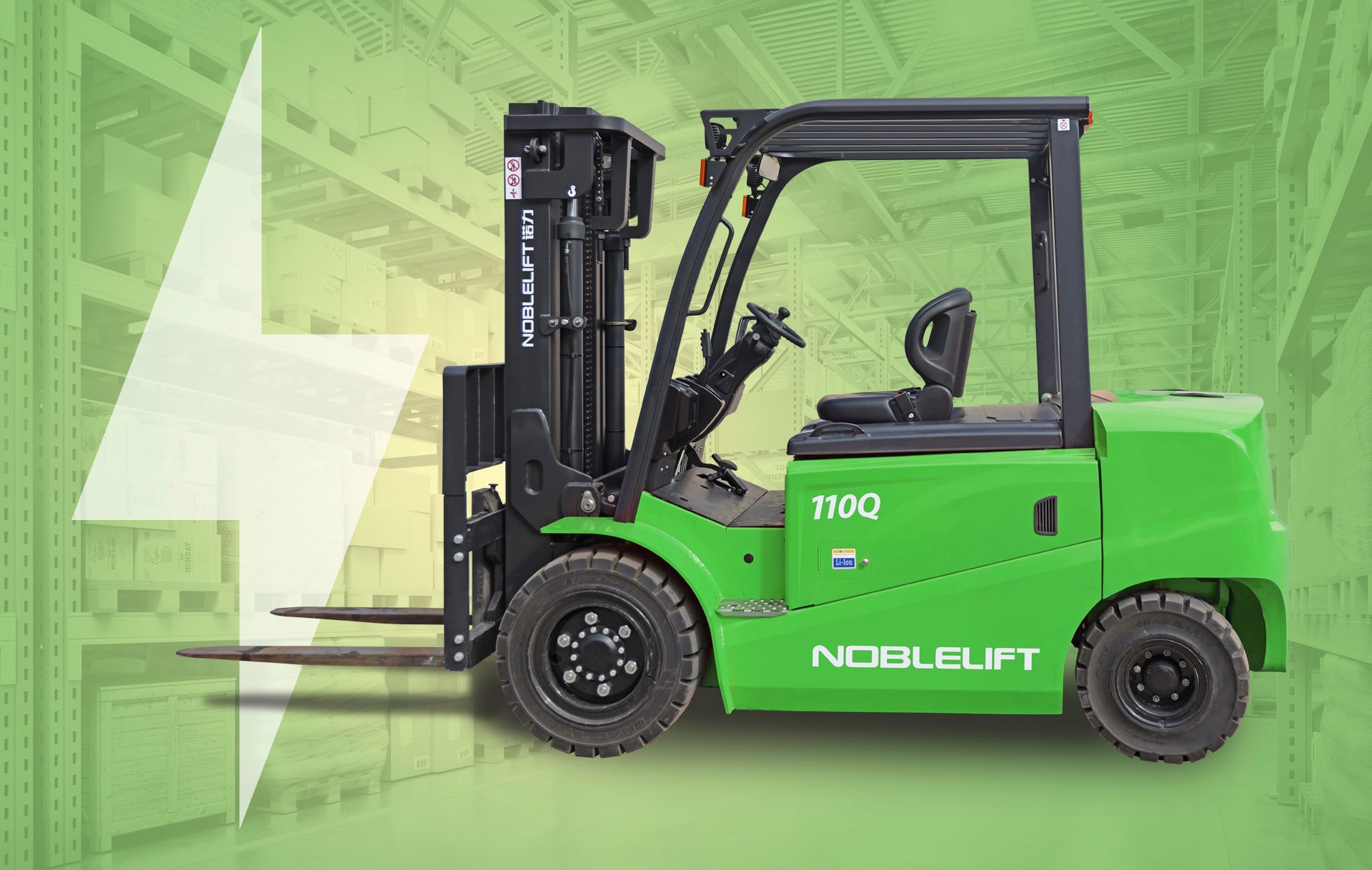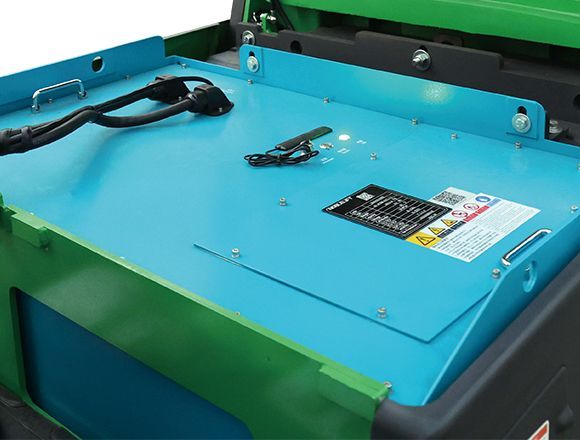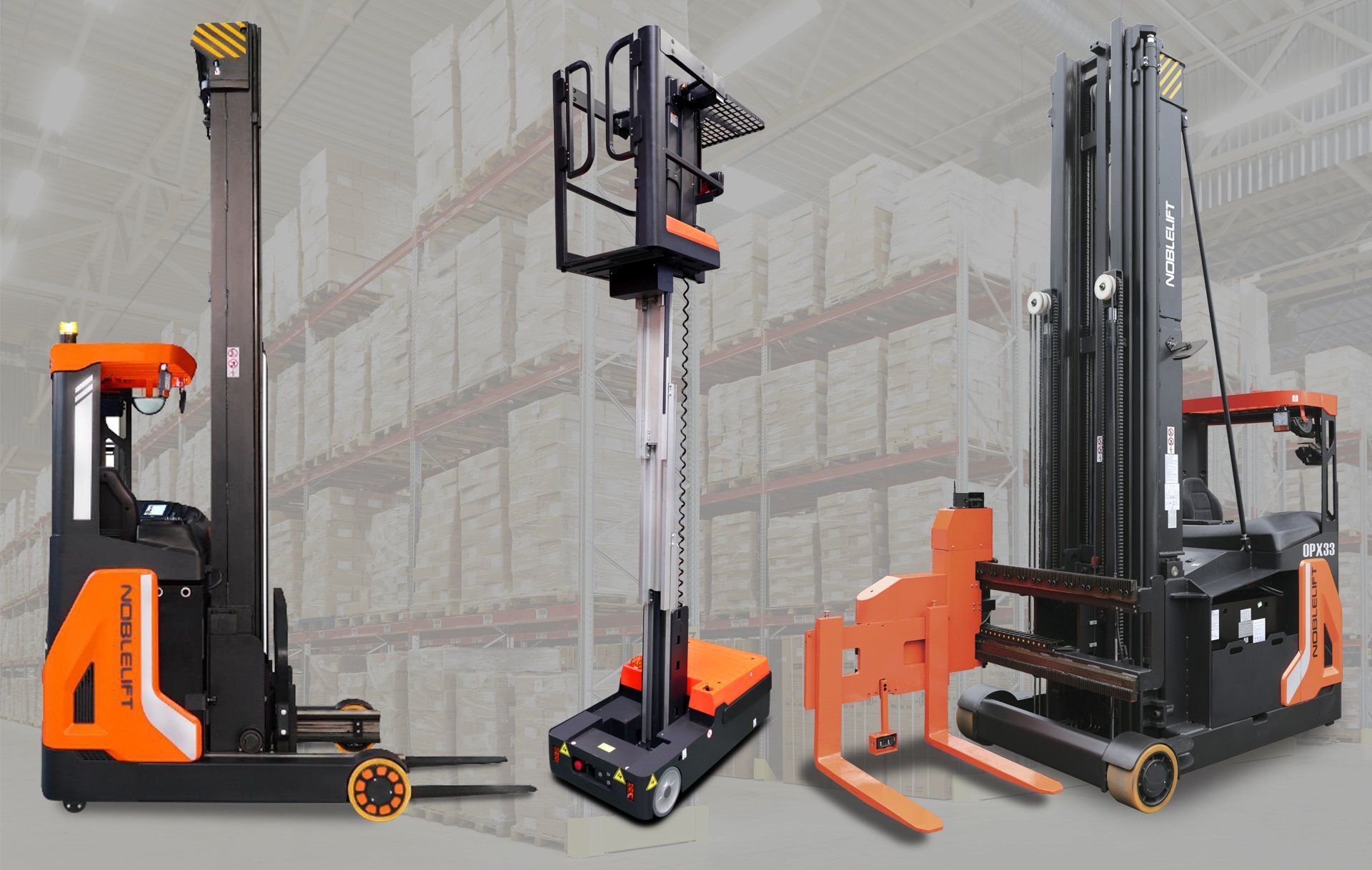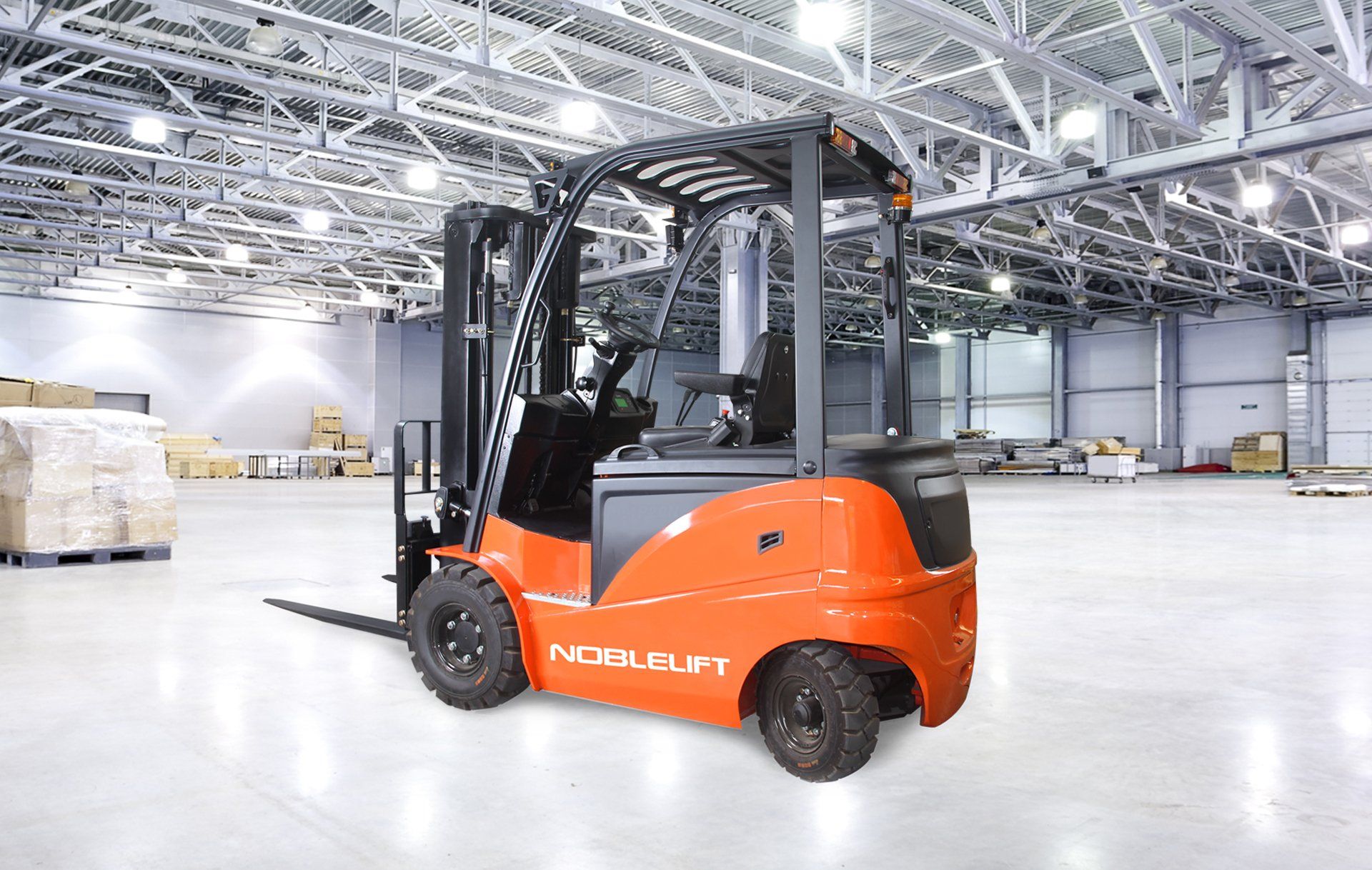The Advantages of Lithium-Ion Powered Forklifts vs Lead Acid Battery Powered
If you are in the market for a new forklift, you may be wondering if a Lithium-ion battery powered forklift is the right choice. Lead acid batteries have been the standard for many years, but Lithium-ion batteries are becoming more and more popular. So, which one is better? Let's discuss the advantages of Lithium-ion batteries over lead acid batteries.
Lithium-ion batteries have a longer lifespan than lead acid batteries. They can be charged and discharged more times before they need to be replaced. This is important because it means that you won't have to replace your battery as often, which can save you money in the long run.
Another advantage of Lithium-ion batteries is that they charge faster and can be opportunity charged. This means that you can charge them during breaks or at the end of the shift. This increases productivity by allowing you to get multiple shifts out of one forklift. Lead acid batteries need to be fully discharged before they can be recharged, so opportunity charging is not an option.
Lithium-ion batteries are also more environmentally friendly than lead acid batteries. They don't contain any toxic materials and can be recycled. Lead acid batteries need to be disposed of properly because they contain lead, which is a toxic material.
There are many other advantages of Lithium-ion batteries over lead acid batteries, but these are some of the most important ones. If you are considering a new forklift, make sure to consider all of your options before making a decision. Forklifts are a big investment, so you want to make sure you choose the right one for your needs. Lithium-ion battery powered forklifts provide an excellent return on investment.
At Noblelift, we use Lithium-Iron Phosphate batteries, the longest lasting and safest lithium-ion battery available. Additionally, all of our lithium-iron batteries are equipped with a Battery Management System (BMS) that manages charging and discharging data to ensure safety throughout its life cycle. BMS communicates with the truck’s management system through CAN. CAN protocol uses that data to monitor the battery, diagnose and repair through software.
Our Class I Lithium-Iron Phosphate batteries carry a 10 Year 20000 Hour Warranty.
To see a “Total cost of Ownership” comparison of Lithium-ion -vs- Lead Acid -vs- Internal combustion, along with an expanded view of Lithium-ion -vs- Lead Acid advantages, click here.







Share On: